Reading Skills Phonics Worksheets for Ages 6-8
13 filtered results
-
From - To
Boost your child's reading confidence with our comprehensive Reading Skills Phonics Worksheets for Ages 6-8. Designed to lay a solid foundation, these engaging resources help young learners master phonemic awareness, alphabet sounds, and blending techniques. Tailored to meet state education standards, each worksheet is crafted by educators to promote effective learning through fun, interactive activities. Whether your child is honing existing skills or developing new ones, our collection ensures they grasp essential phonics concepts, enhancing their reading fluency and love for literature. Visit Kids Academy and watch your child's reading abilities soar with our expertly designed materials.
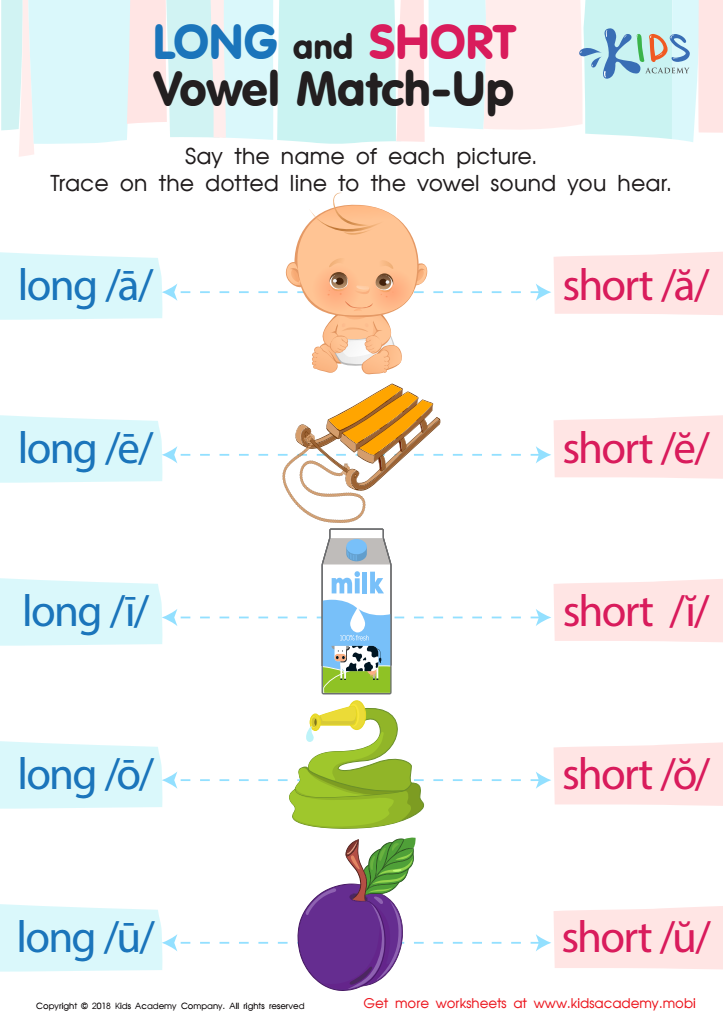

Long and Short Vowel Match up Reading Worksheet
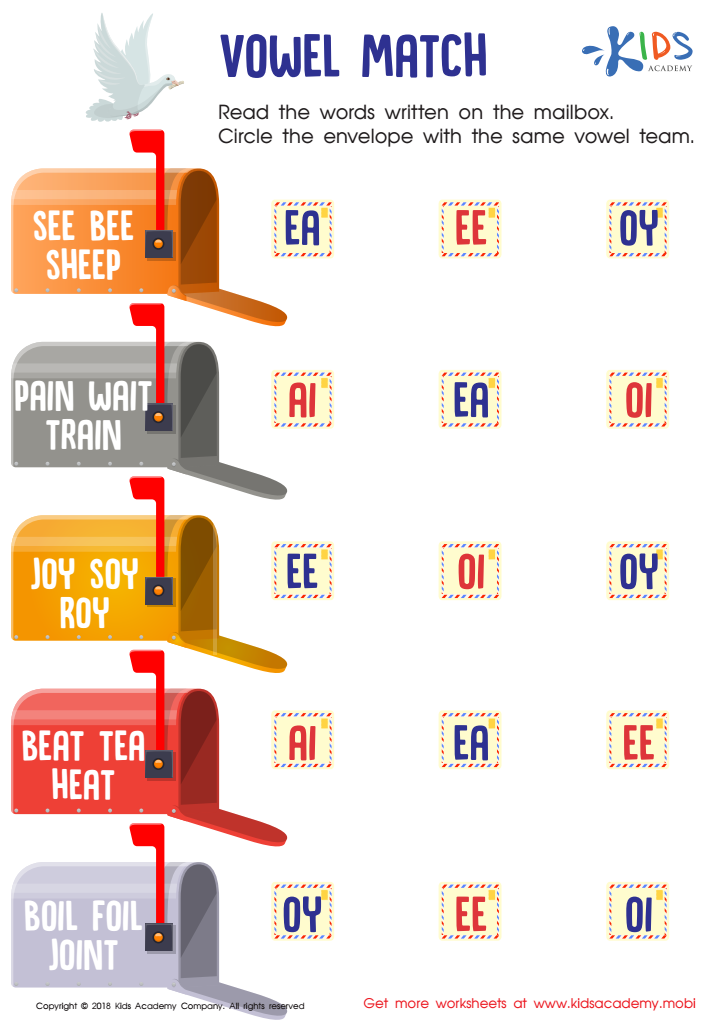

Vowel match Worksheet
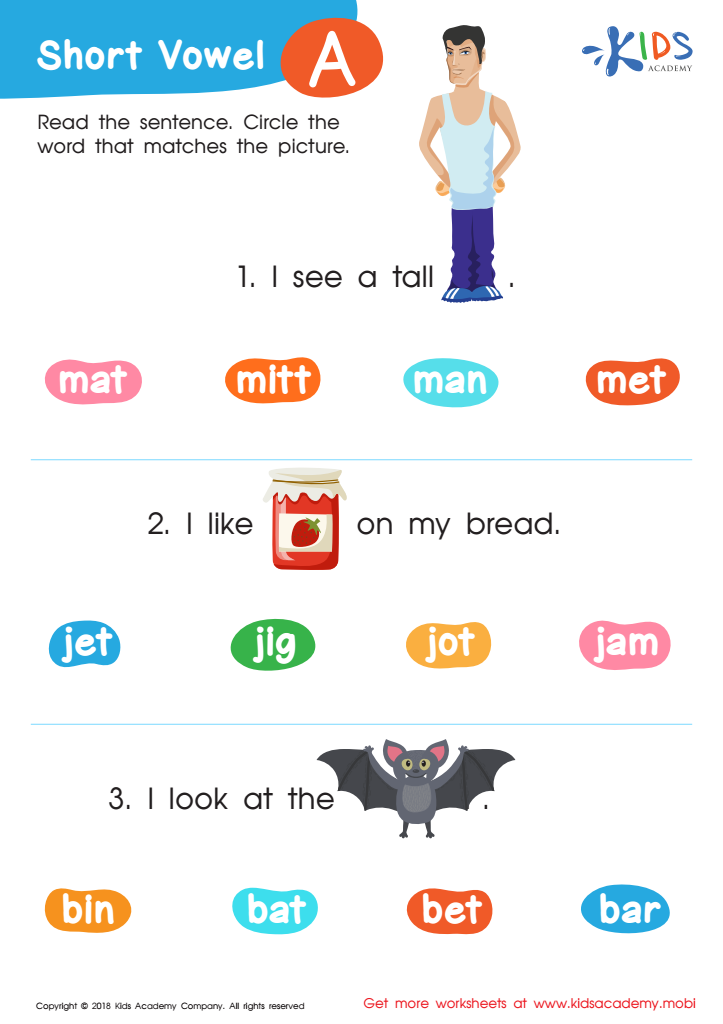

Short Vowel /a/ Worksheet


Twin Onset Worksheet
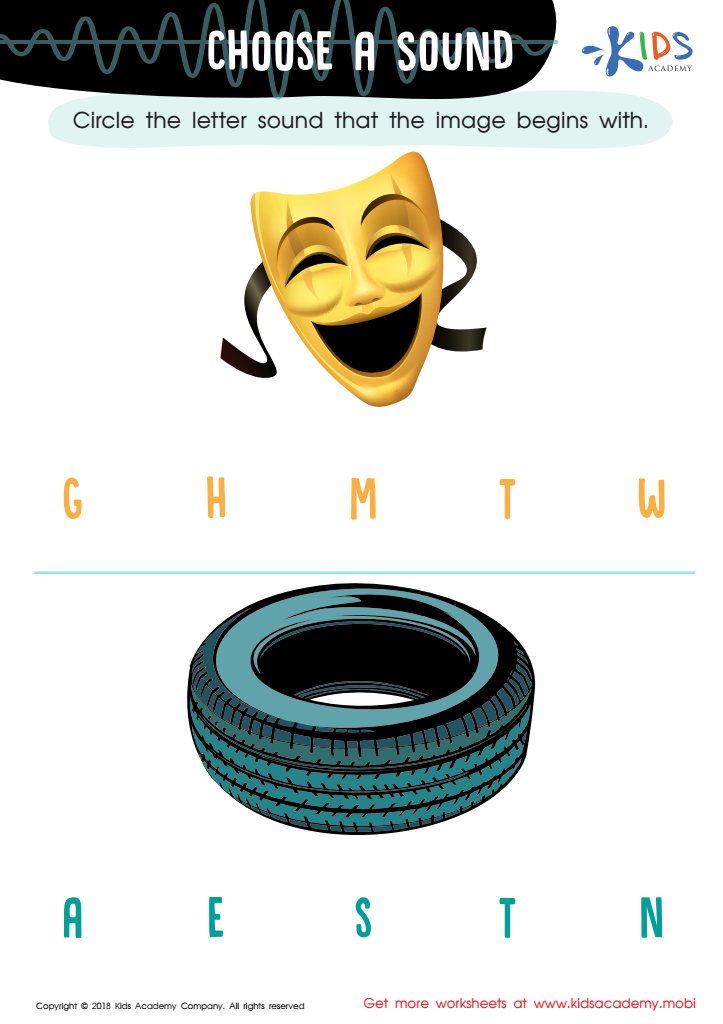

Choose a Sound Worksheet


Short Vowel Eggs Worksheet
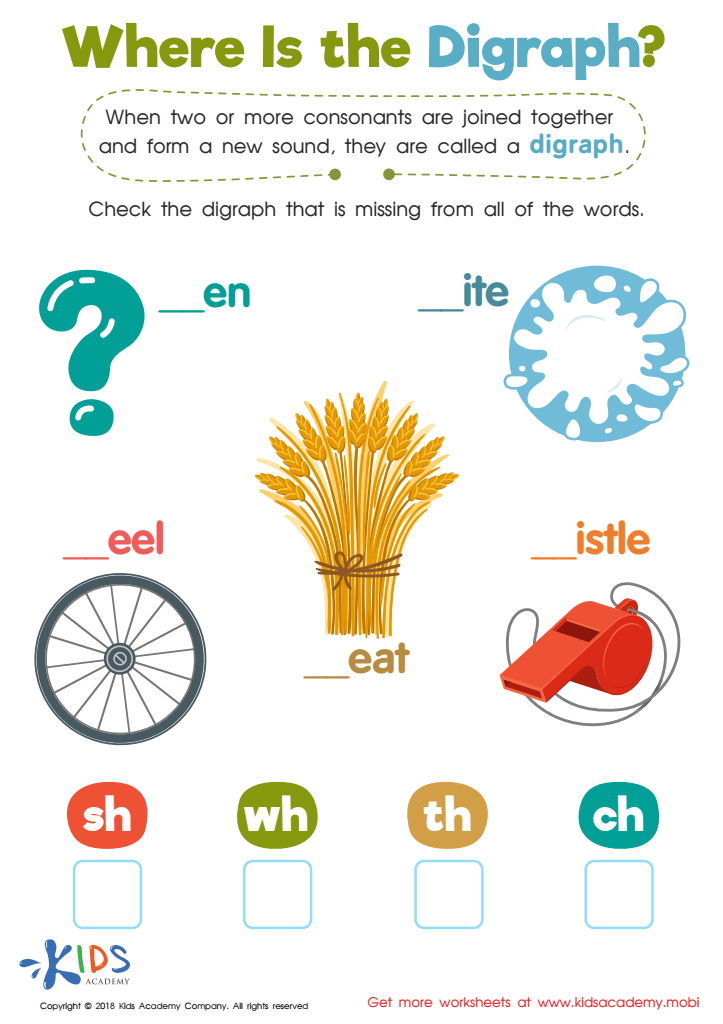

Where Is the Digraph? Worksheet
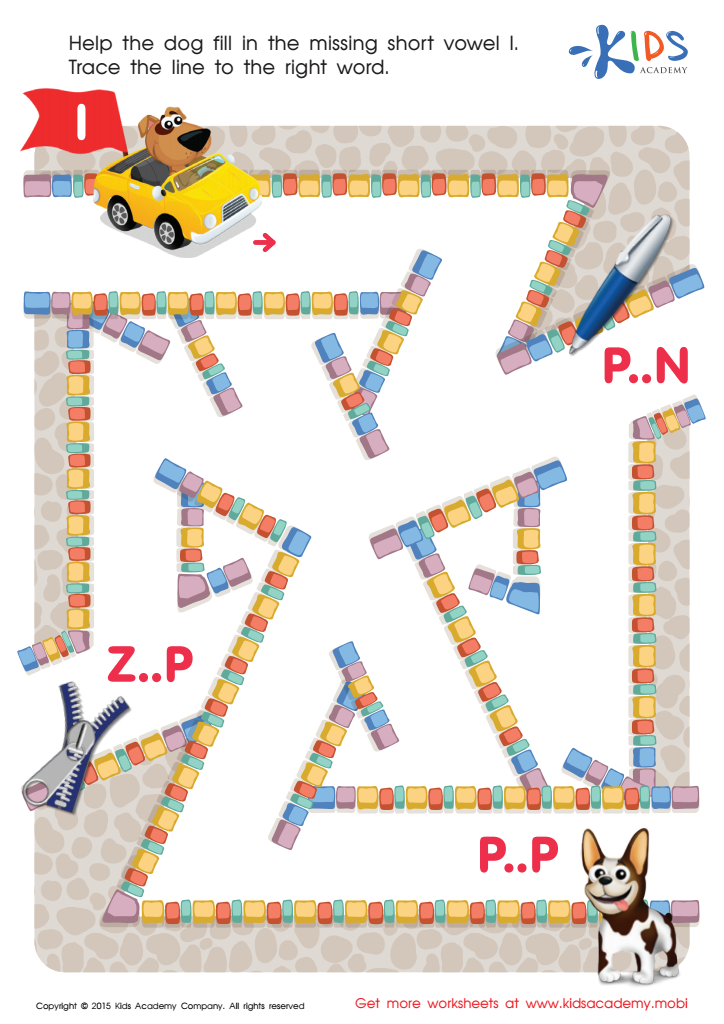

Short Vowel Sound I Worksheet
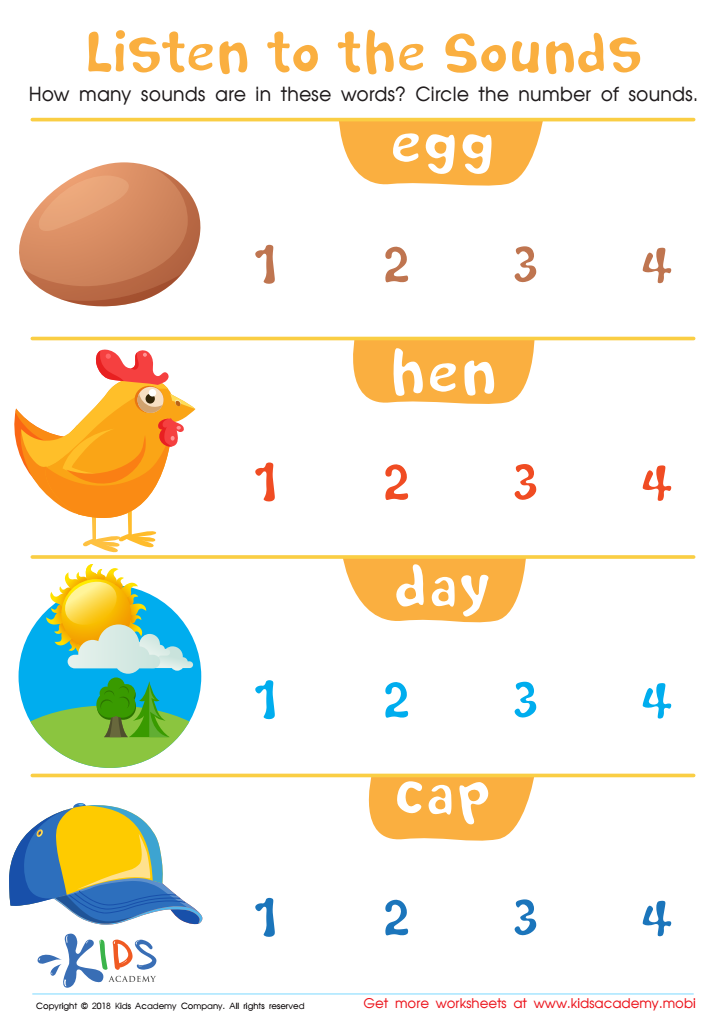

Listen to the Sounds Worksheet
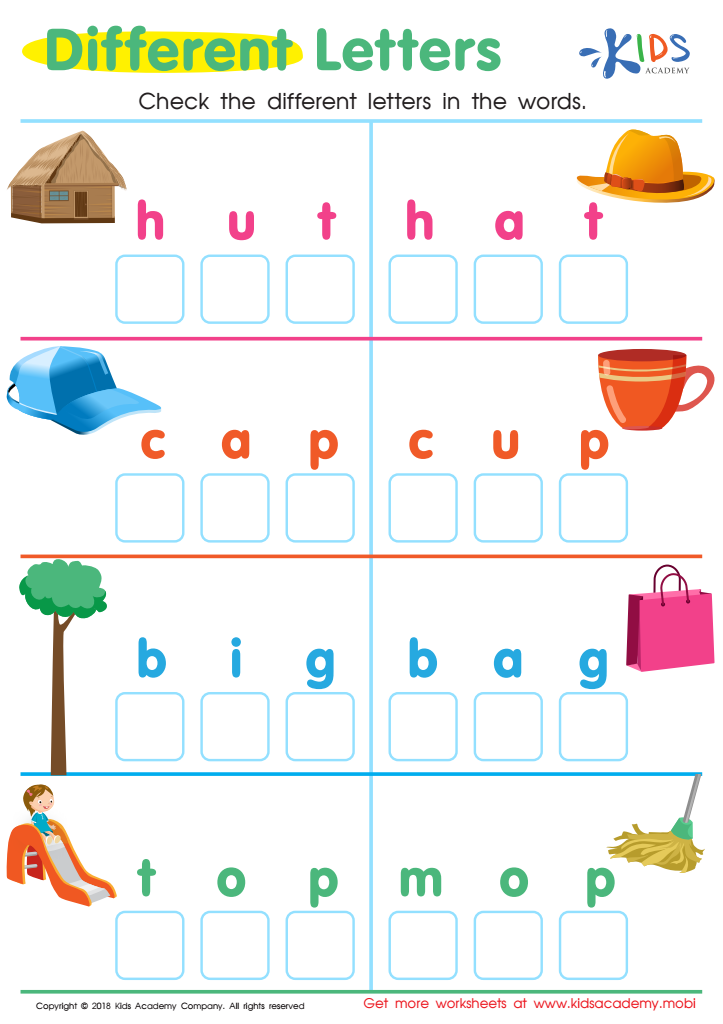

Different Letters Reading Worksheet
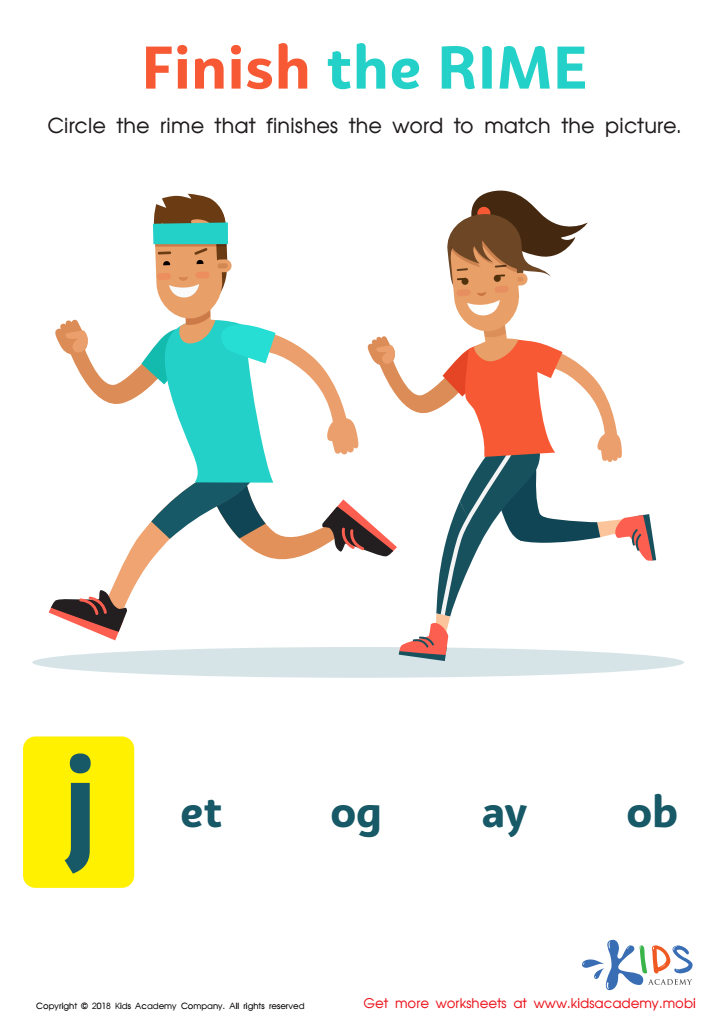

Finish the Rime Worksheet


Words with sound f Reading Worksheet
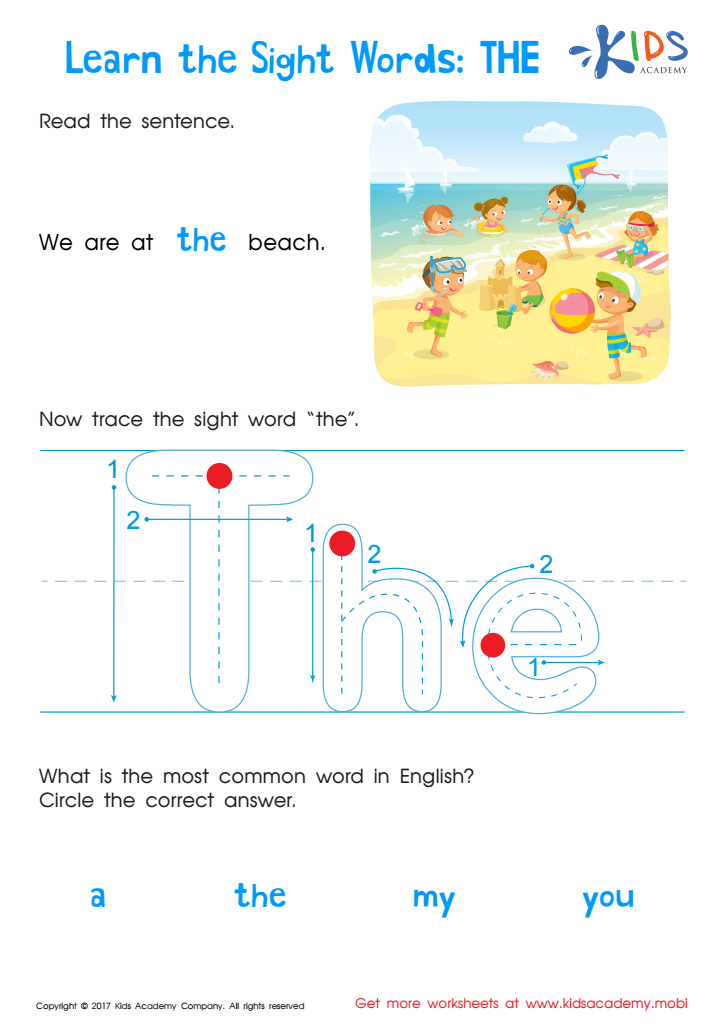

Sight Words: The Worksheet
Reading skills are foundational to a child’s overall academic success and personal growth, and phonics, especially for children aged 6-8, plays a crucial role in developing these skills. Phonics is the method of teaching reading through the recognition of the relationship between sounds and their corresponding letters or groups of letters in an alphabetic writing system.
For children aged 6-8, phonics instruction is essential because this age range is a critical period for literacy development. Children at this stage transition from “learning to read” to “reading to learn." Strong phonics skills help children decode new words, enhance their reading fluency, and improve comprehension, enabling them to gain meaning from the text. When children can easily decode words, they can focus more on understanding and enjoying what they read, fostering a lifelong love for reading.
Moreover, proficient reading skills are fundamental for accessing knowledge in all subject areas, including math, science, and social studies. Early phonics education can prevent future literacy challenges, thus enabling children to keep pace with educational demands and often avoiding the frustration and negative academic self-concept that can arise from reading difficulties.
In summary, parents and teachers should prioritize phonics for ages 6-8 because it is a pivotal element in building strong, confident, and enthusiastic readers who are well-prepared for academic success and lifelong learning.

 Assign to My Students
Assign to My Students




















